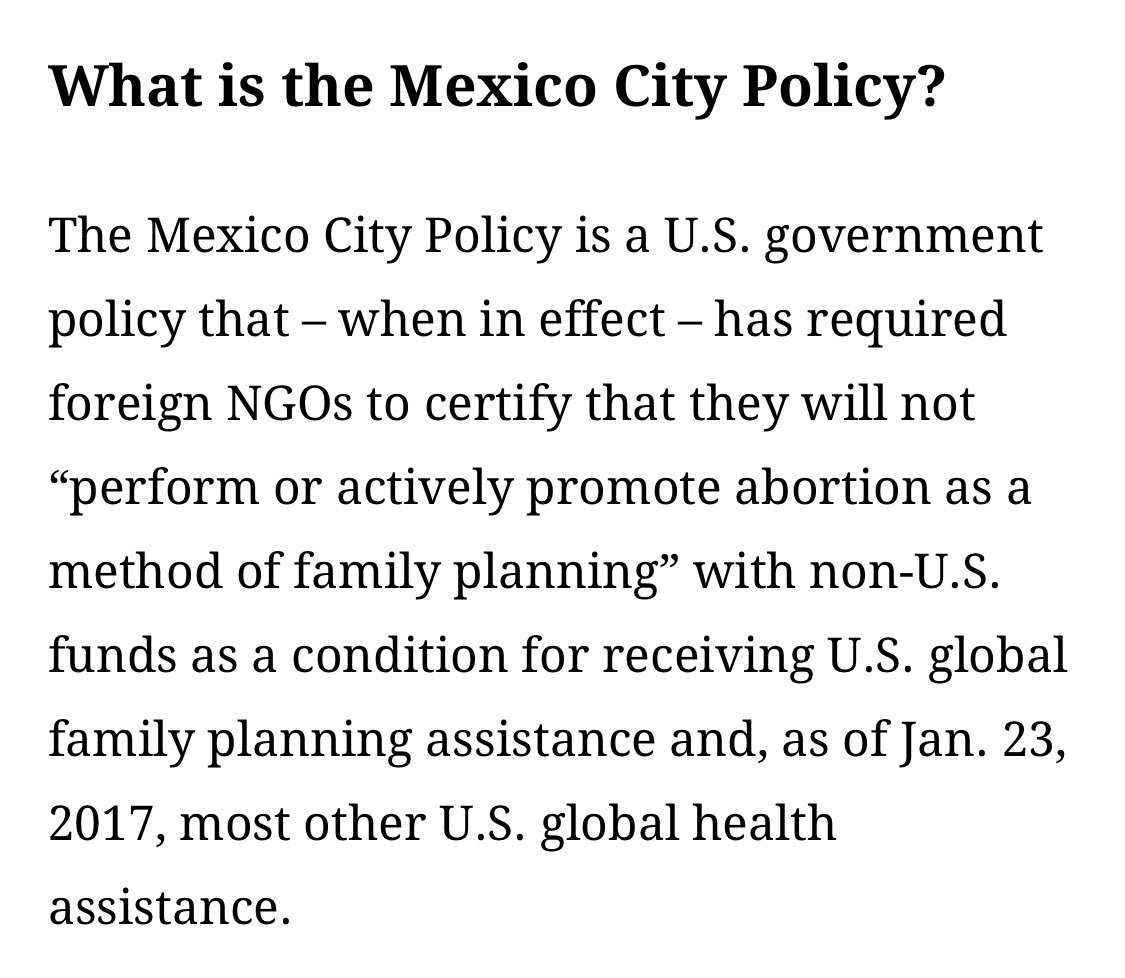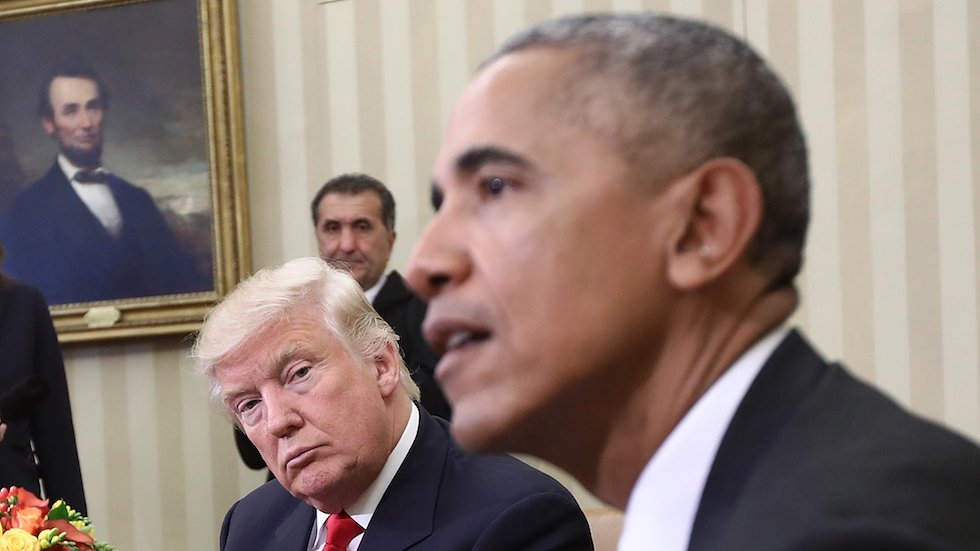Today we're talking women's World Cup, and equal pay for our champions.
washingtonpost.com/opinions/socce…
Answer: Space. I originally included this in an earlier draft, but it's rather technical, and I've only got 750 words.
But hell, pixels are free, so let's discuss it here.
1) The hypothetical men's WC-winning team would be eligible for a much bigger bonus from FIFA, because FIFA revenue for men's WC is 45x women's
It's the difference between inside sales and 100% commission.
If you want someone to work on incentive pay only, you have to pay them a lot more.
Fair enough, but are we *sure* that's just social bias?
reddit.com/r/dataisbeauti…

Eh ... this is at best highly debatable.
Question: why would you look at 3 years, in a sport that plays on a *4* year cycle?
Usually when people choose weird metrics, it's because the obvious one yields a boring answer
espn.com/espnw/sports/a…
worldsoccertalk.com/2018/12/13/usw…
worldsoccertalk.com/2018/12/12/usm…
Importantly: except for the finals of the World Cup.
True that! Guess who sold those rights? FIFA, not US soccer. Which brings us back to the upthread question of I chose to look at FIFA rather than US soccer
washingtonpost.com/opinions/socce…

















